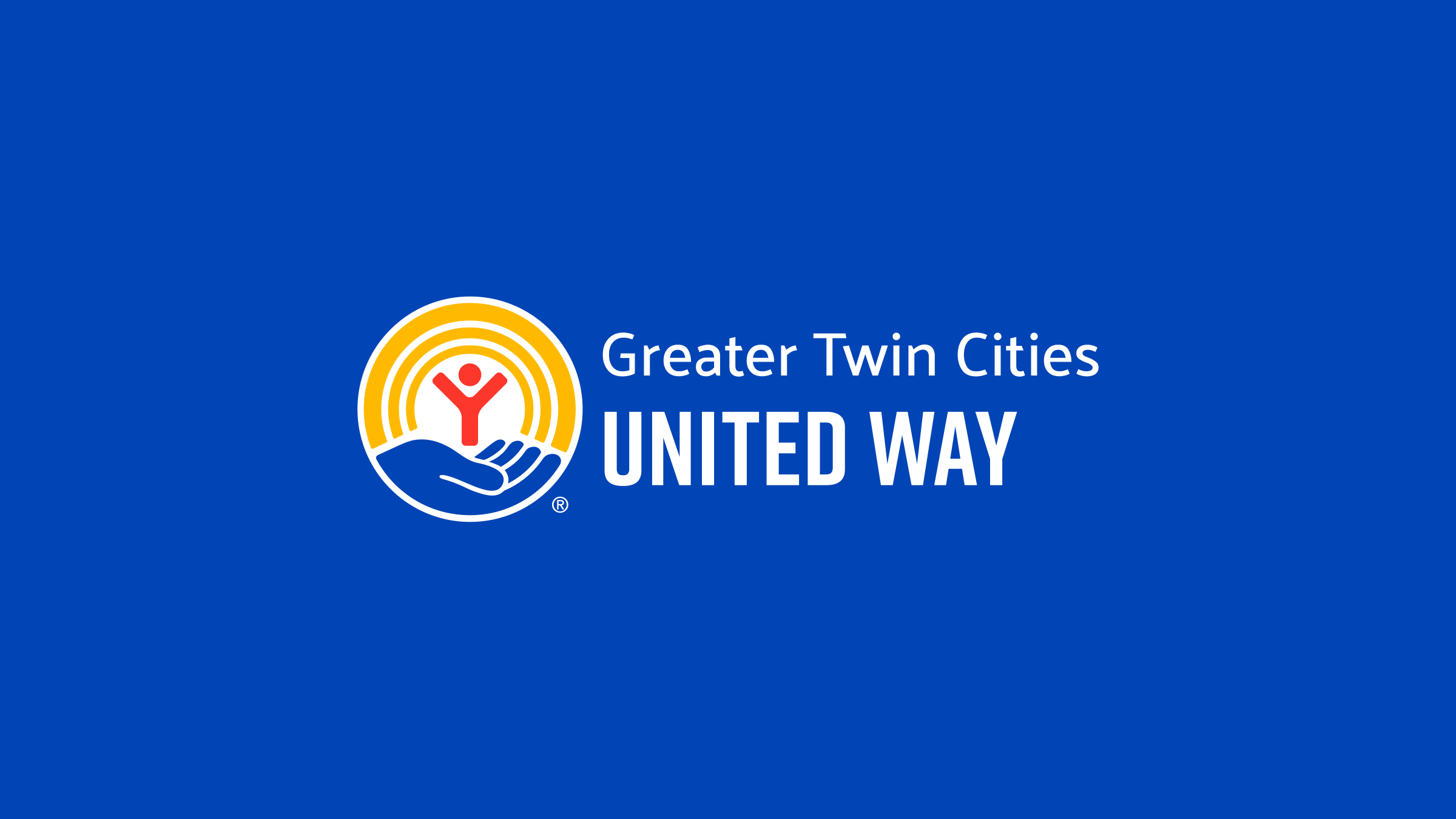
Greater Twin Cities United Way’s Community Connection Series brings together nonprofit partners, donors and stakeholders to share learnings and new ideas and discuss topics that are critical to helping our community thrive.
As we pass the one year mark of the first cases of COVID-19 in Minnesota, Greater Twin Cities United Way paused to hold space in a recent Community Connection Series to reflect on our collective community experience, the resilience and innovation shown by our nonprofit partners in service to those most vulnerable, and considerations as we look to the future.
During the virtual session, three exemplary nonprofit leaders – Joe Hobot of American Indian OIC; Louis King, CEO of Summit Academy and Founder of the African American Community Response Team & North Star Network; and Mary McKeown, President & CEO of Keystone Community Services – as well as Dr. Laura Bloomberg, Dean of the Humphrey School of Public Affairs at the University of Minnesota, shared examples of how their and other nonprofits demonstrated agility throughout all phases of COVID-19 response.
As the first impacts of the pandemic unfolded, nonprofits worked quickly and tirelessly to move services and staff remote; put safety protocols in place; and determine new staffing, volunteer and service delivery configurations. Joe Hobot described the challenge and adaptability required for American Indian OIC to provide culturally contextualized services, which are most effective when in close relationship with people, during the shelter in place.
While continuing to respond to individual need, our nonprofit sector began to stabilize its response efforts and innovate. Louis King grounded us in the “power of being forced to look at things differently,” which resulted in the North Star Network connecting African American students learning virtually from pods in Minneapolis to excellent African American teachers around the country.
Much is yet unknown about what lies ahead. Mary McKeown shared the wisdom that Keystone relied on throughout the pandemic of “hearing from the community, and letting that guide.”
As we look ahead, Dr. Bloomberg offered three mental models as how we approach the future:
The past year gave us two layered, interactive pandemics – COVID-19 and racial injustice. Dr. Bloomberg encouraged nonprofit sector leaders to be curious explorers and adaptive leader who center their work on people’s social and emotional needs.
Dr. Bloomberg encouraged us to stay in the “chaordic field,” the space between order and chaos, to allow for exploration of deeper meaning and innovation. Doing this will enable nonprofits to “solve problems, not just keep the lid on things.”
Dr. Bloomberg also encouraged nonprofit leaders to consider overlapping needs of the environment, humans, animals and the economy. In thinking at an ecosystem level, we will create a more resilient society and city.
For Greater Twin Cities United Way, we granted $3.1 million in local COVID-19 relief funding over the past year, intentionally centering on grantee responsiveness and racial equity. We answered a 300 percent increase in calls to our 211 Resource Helpline and joined others to successfully advocate for emergency housing assistance dollars. The work continues, but this year reinforced our holistic approach and taught us lessons that we’ll carry forward as we work to create a community where all people thrive, regardless of income, race or place.
Please join us in supporting COVID-19 recovery and rebuilding.